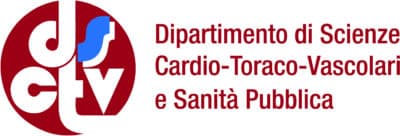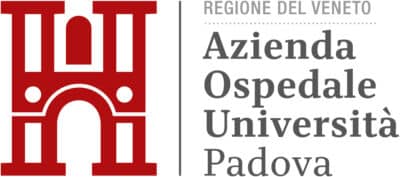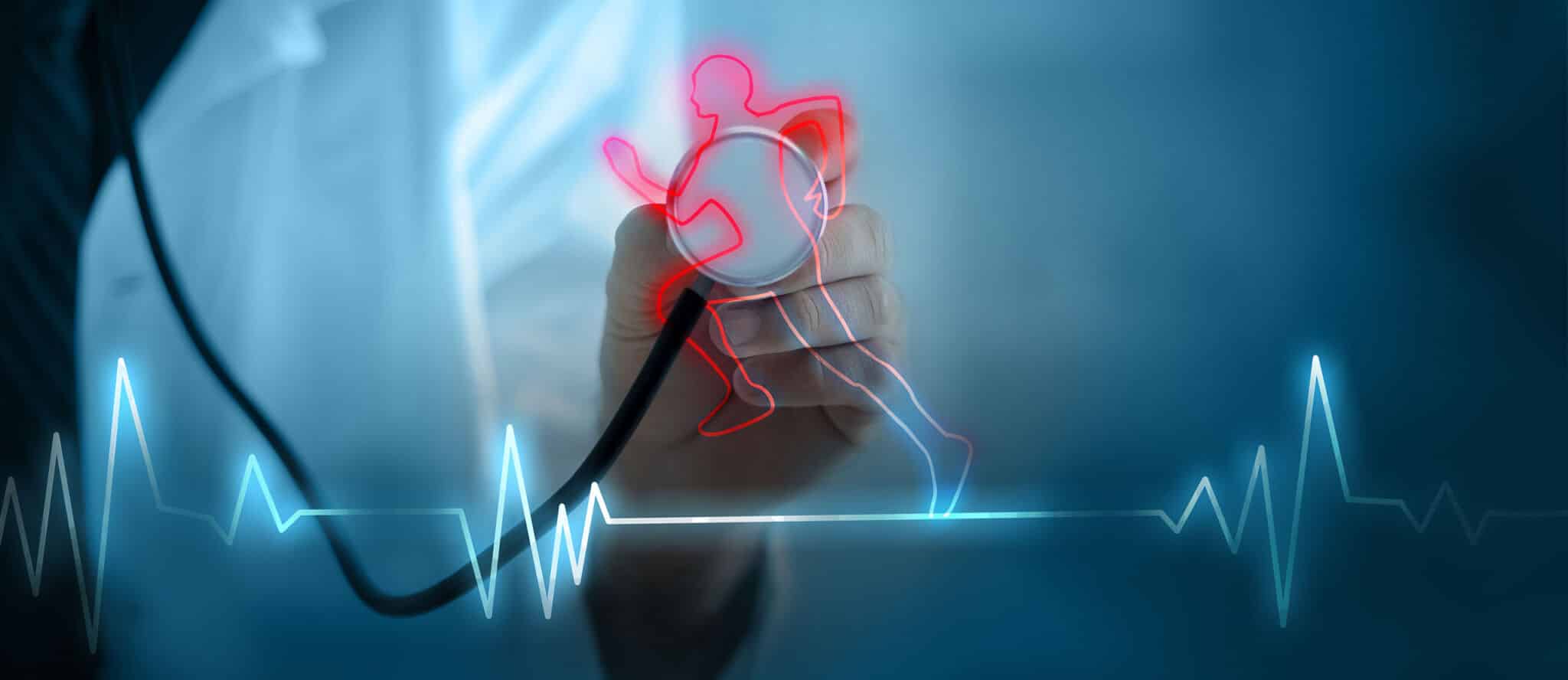

The Second-level short specialisation degree in Sports Cardiology explores theoretical and practical knowledge in the diagnosis, risk stratification and medical management of athletes suffering from cardiovascular diseases.
The training course covers also emerging topics, such as risk assessment in non-professional athletes, physical activity for rehabilitation of patients suffering from cardiovascular diseases, and cardiovascular emergency management in playing fields.
Attendees will become autonomous in improving the interaction skills with medical cardiology consultants, electrophysiologists, hemodynamic and sports doctors, involved in the athlete’s multidisciplinary management.
The Second-level short specialisation degree in Sports Cardiology covers the execution and interpretation of cardiology instrumental exams in athletes, and the clinical management of athletes suffering from cardiac diseases.
Furthermore, the course trains attendees in becoming autonomous in assessing athletes with suspect cardiac disease and in expressing an evaluation for cardiovascular eligibility to sports practice.
The Second-level short specialisation degree in Sports Cardiology helps train surgeons in charge of cardiovascular evaluation and medical management of professional and non-professional athletes, from a technical and scientific standpoint, both in sports medicine and as specialist sports doctor consultants.
The purpose of the training course is increasing professional autonomy in the following fields:
- execution and interpretation of ECG, stress testing, cardiopulmonary testing and echocardiogram in athletes;
- interpretation of cardiac MRI and molecular genetic surveys in athletes;
- participation in the medical management of athletes suffering from heart disease, with particular reference to the evaluation of cardiovascular eligibility to sports practice.
- management of the main cardiovascular emergencies in playing fields.
The Second-level short specialisation degree in Sports Cardiology provides training according to three thematic areas:
AREA 1 – Cardiovascular risk during sports activities
- Hemodynamic and cardiovascular remodelling of the heart of an athlete
- Sudden cardiovascular death pathology during sports
- Epidemiology and causes of cardiac arrest in athletes
- Screening to identify the athletes with a risk of cardiovascular complications
- Ethical and medical-legal aspects of screening and doping
AREA 2 – Cardiovascular evaluation in athletes
- Imaging with CT scan in sports cardiology
- ECG interpretation in athletes
- Cardiovascular stress and cardio-pulmonary testing
- Echocardiographic imaging in athletes
- Imaging with cardiac MRI in athletes
- Molecular genetics in sports cardiology
AREA 3 – Managing athletes with cardiac diseases
- Managing athletes with congenital heart disease
- Managing athletes with arrhythmia
- Managing athletes with coronary artery disease or heart valve disease
- Managing athletes with cardiomyopathy or channelopathy
- Evaluation of athletes with syncopation
- Sports practice in athletes with pacemaker and ICD
- Cardiovascular rehabilitation
- Managing cardiac emergencies in athletes
- Italian protocols of fitness for competitive sports
The general ranking of merit for the academic year 2025/26 will be published on the Italian page of this Second-level short specialisation degree according to the timing provided in the Call.
Information
FAQ
The Second-level short specialisation degree consists in one year of lessons at the Cardiology Clinic of the University of Padua. In addition, students must attend specialized cardiology, electrophysiology, cardiovascular imaging and ergospirometry labs of the U.O. of Cardiology, at the University Hospital of Padua as observers.
Lastly, the attendees will take part in seminars on sports cardiology, and will attend specialized cardiology labs of the U.O. of Cardiology, at the University Hospital of Padua as observers. Attendance is mandatory.
No, only clinical observation activities will be performed.
Yes, the final exam will require the presentation and discussion of an individual research (dissertation or original project).

